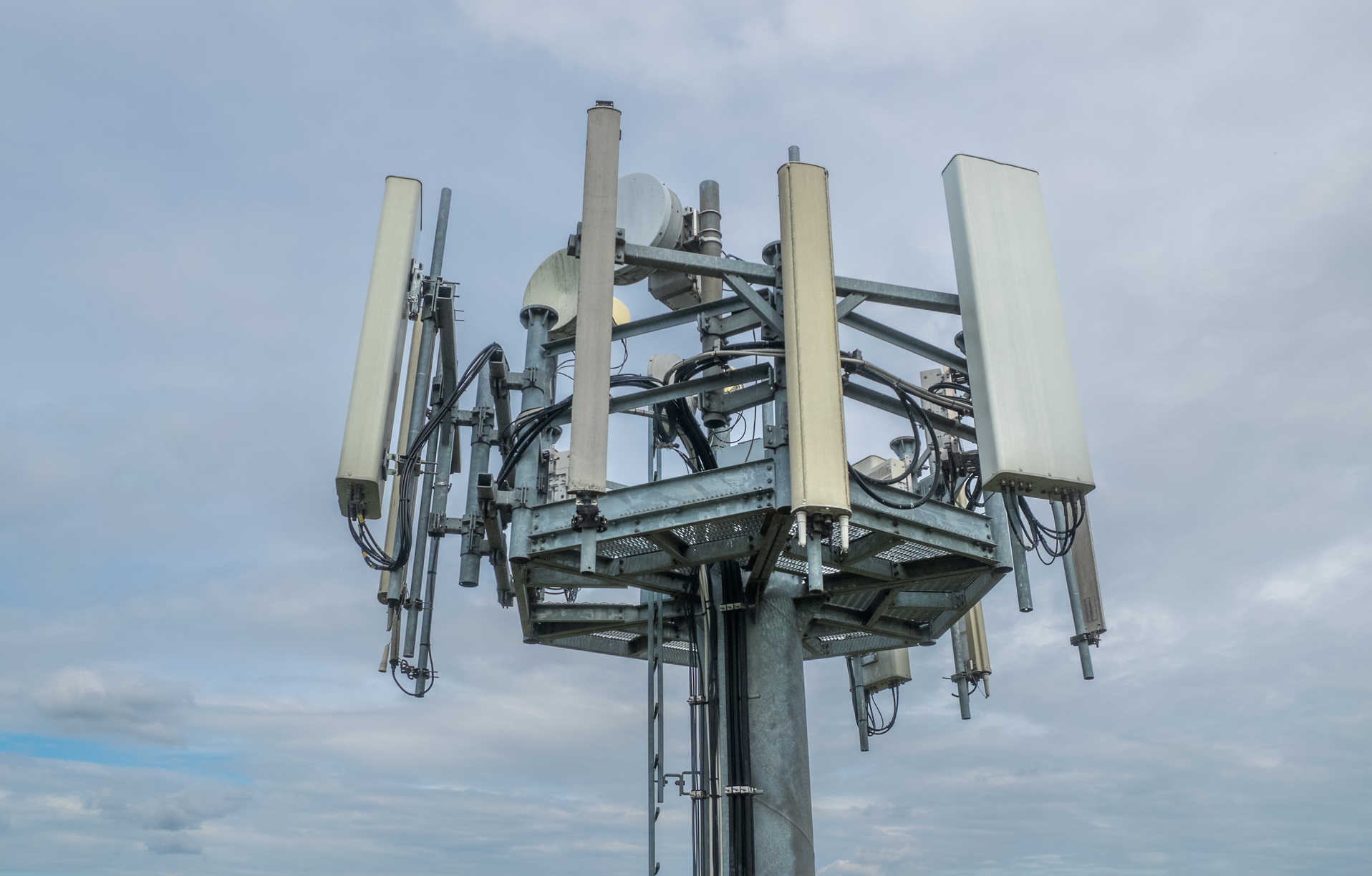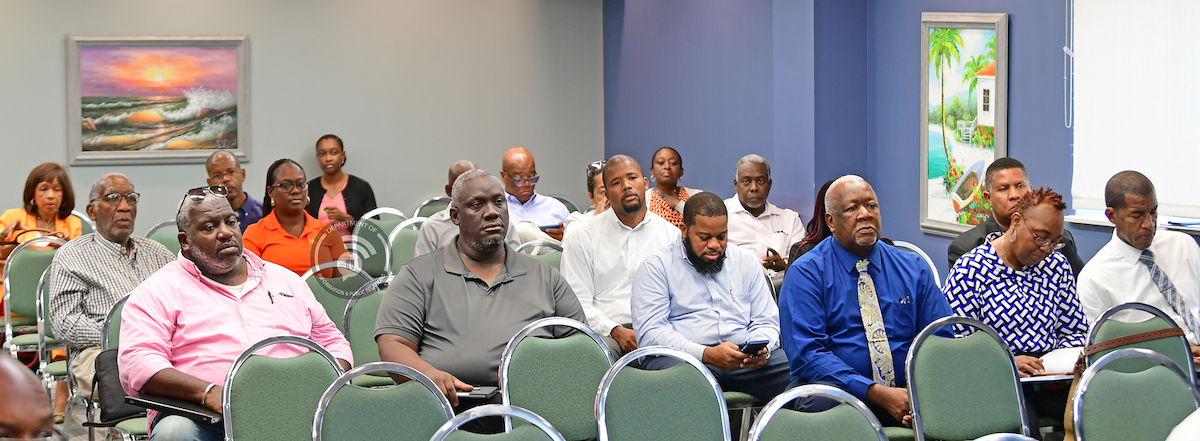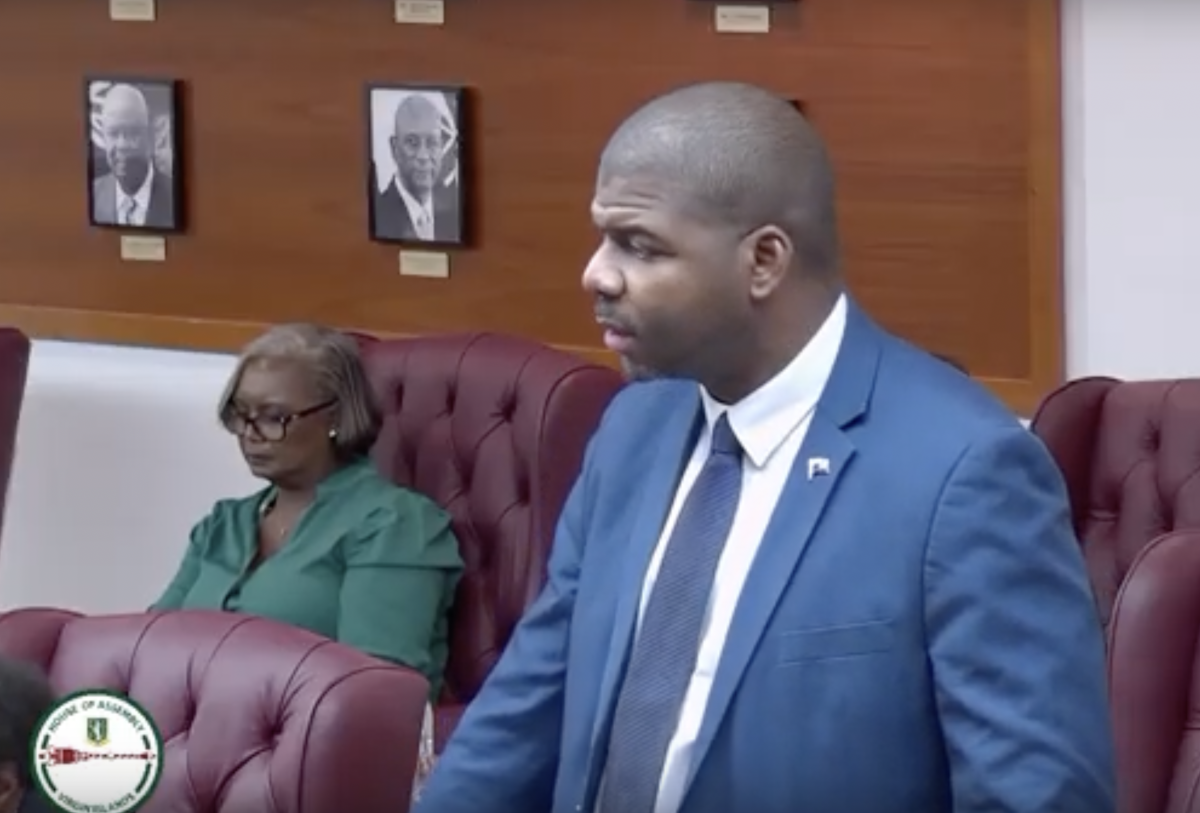Liberty VI’s First Responder Transmission Facility Nears Completion with CZM Approval
 15 November 2024
15 November 2024


A new transmission facility for Liberty VI aimed at improving communications for first responders is one step closer to completion, after receiving approval from the St. John Coastal Zone Management Committee.
The project, which was begun under Liberty's predecessor AT&T, has been more than five years in the making, according to Tom Bolt, external counsel for Liberty Mobile VI. He emphasized that the site for the facility had been selected by the Government of the Virgin Islands in conjunction with the FirstNet Authority, which oversees the creation of a singular broadband network for first responders.
Mr. Bolt also reminded CZM committee members that the federal dollars allocated for the project are dependent on it being completed and operational by March 2025.
Facing significant community concerns, Liberty says it has modified original plans and will reduce the height of the transmitting antenna from 100 to 80 feet. The support infrastructure will be designed as “a stealth facility,” said Mr. Bolt, so as not to be “readily apparent to the casual observer.” A sound suppressor will be employed to reduce the auditory footprint of the site's diesel backup generator, and the site will be graded in such a way as to mitigate stormwater concerns, he promised.
Notwithstanding the appearance before the committee on Thursday afternoon, Mr. Bolt informed members that the application before them was already deemed approved, since committee members did not act within 30 days following a public hearing on the matter, which was held on June 17. He referenced a letter to that effect, sent by former CZM counsel Vanetta Norman.
With their hands bound by statute, CZM members made it clear that while they had no choice but to let the application proceed, they would do so under protest.
Committee member Kurt Marsh said that they felt “robbed” of the opportunity to conduct the required due diligence, since Liberty did not respond to their requests for further information. Committee members wanted more detail on “why the two alternative tower sites…were not viable,” Mr. Marsh said. “We did not get the requested information from the applicant regarding a response to that and I think it needs to be also clear on the record that it's not fair to this committee to request information from an applicant and be denied that information,” he complained. “We have a responsibility to the people of this community…to make decisions in their best interest,” he continued, referencing the concerns expressed by members of the community. “I think it needs to be clear that statutorily this permit will move forward, but it's moving forward without the full support of this committee.”
Although Mr. Bolt denied receiving such a request from the CZM, Mr. Marsh reminded him that it was made during the last public hearing on the matter.
Commissioners Rafe Boulan and Brian Morrissette concurred with Commissioner Marsh, while Commissioner Alyssa Runyon declared that she was “not very happy” with the current situation.
However, when it came time to vote on staff recommendations to allow the permit, commissioners submitted to the necessities of law and approved the motion before them, with “much resentment” in the case of Mr. Marsh. “The request was too simple to have been denied, and the infrastructure is necessary,” he admitted.
In response Mr. Bolt's question about what else Liberty could perhaps prioritize in terms of developing St. John's telecommunications infrastructure, CZM Chair Andrew Penn noted that cellular service to the southeast of Coral Bay is “terrible,” due to the strength of the signals coming across from the British Virgin Islands. He recommended that Liberty prioritize future tower installations in that area.
Meanwhile, Commissioner Marsh suggested that lobbying could be done to place pressure on the Virgin Islands Territorial Management Agency and the government as a whole, to ensure that 911 calls from St. John are no longer answered by operators on St. Croix.
Related News

Public not invited to ‘stakeholder’ meetings for airport project

OT minister visits, avoiding press and public meetings

Legislators okay extra spending
